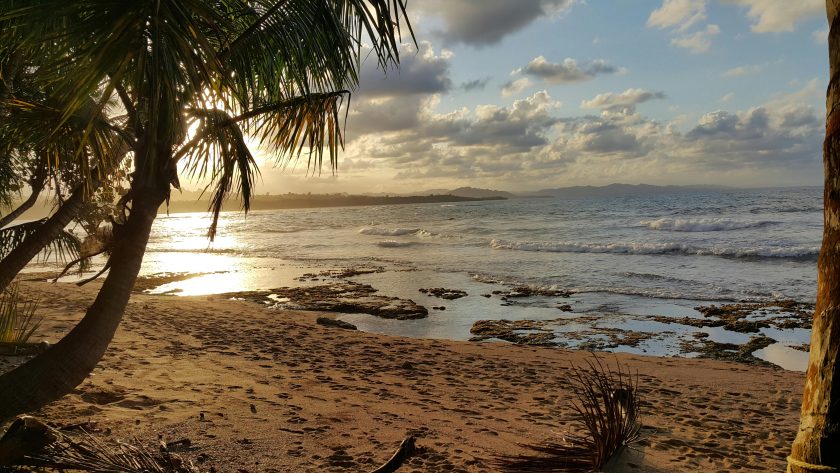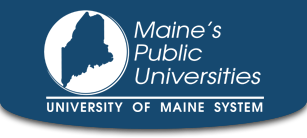
Check out this fantastic opportunity to immerse yourself in the amazing ecotourism destination of Costa Rica – while discovering the true meaning of “pura vida!”
Students will learn about sustainable nature-based tourism in the Talamanca and Caribbean regions by exploring wildlife protection sites, hiking in national parks and reserves, snorkeling in Cahuita National Park, kayaking and surfing in Puerto Viejo, cooking and dancing (Caribbean style!), and participating in Indigenous-led excursions with local guides from the Bribri and the Cabecar, as well as the Tico and Afro-Caribbean communities
This is one adventure you won’t want to miss!
Adventure Costa Rica – Spring 2026
REM 210: Nature-based Tourism & Sustainable Development
Travel Dates: May 11 – May 25, 2026
Pre-Trip Meetings: Start March 23, time TBD
For more information, email the professor/trip leader, Karen Beeftink at UMaine at Machias, at karen.beeftink@maine.edu. More information about trip details listed below.
Program Overview
Costa Rica is well known as a nature-based and ecotourism destination, and tourism is its top foreign exchange earner. As a nation, Costa Rica has recognized its potential for tourism revenue and resource conservation, and has set aside a large percentage of its land in the form of protected areas. The largest of these is La Amistad International Park, which also extends into Panama as a UN World Heritage Site and Biosphere Reserve. However, surrounding areas continue to be threatened with deforestation, large-scale chemical agriculture production, and other resource extraction industries; all of which threaten the ecosystem and endangered species, and which will ultimately threaten the tourism industry.
This course will be conducted in the Talamanca region of Costa Rica near La Amistad UN Biosphere Reserve and World Heritage Site. Utilizing the town of Puerto Viejo as our “home base”, we will participate in activities and discussions that connect us directly with locals who are involved in both tourism and conservation efforts. We will learn about the challenges in maintaining the balance of conservation and development in this region, which has seen rapid development within the last 20 years, while visiting National Parks, Wildlife refuges and sanctuaries, Bribri and Cabecar Indigenous communities, and more.
This course will highlight engaging with different local peoples to learn about tourism in Talamanca from their unique perspectives. Students will learn from the Bribri and Cabecar, the original inhabitants of the Talamanca, and from the diverse Tico and Afro-Caribbean cultures represented along the coast that all contribute to the culture of Caribbean Costa Rica. Pura Vida!
Course Learning Objectives
The main objectives of this course are:
- Demonstrate an understanding of the nature-based tourism industry in the Talamanca and Caribbean regions of Costa Rica;
- Demonstrate an understanding of the principles of sustainable tourism and its role in the protection of global parks and protected areas;
- Demonstrate an understanding of the complexities inherent in managing an area for both environmental conservation and sustainable development from a variety of stakeholder perspectives;
- Demonstrate an understanding of the social and cultural issues affecting local communities and native cultures in the face of encroaching development;
- Demonstrate an understanding of the contexts and pressures for locals in developing economies who wish to employ tourism as a livelihood strategy;
- Engage in a variety of outdoor adventure-based activities with greater skill and confidence;
- Participate in cultural activities and collaborative efforts with people from a different cultural background;
- Exhibit an increased self-awareness of personal attitudes, intentions, and actions; as travelers and as users of fragile natural and cultural environments;
- Display the knowledge and skills to travel abroad in a safe and responsible manner.
Potential Activities
Potential activities include:
- Visiting wildlife protection sites, including turtle nesting, macaw reintroduction sites, and a stingless bee preserve
- Boat tour of Punta Mona for wildlife viewing and observation
- Birdwatching at the Kekoldi Indigenous Territory observation tower
- Traveling by dugout canoe to stay in a remote Bribri indigenous village
- Hiking in National Parks and Indigenous reserves
- Caribbean cooking and dance classes
- Snorkeling in Cahuita National Park
- Kayaking and surfing in Puerto Viejo
- Medicinal plant hikes and Cacao demonstrations
- Note: True to ecotourism principles, all activities will be led by local guides.

